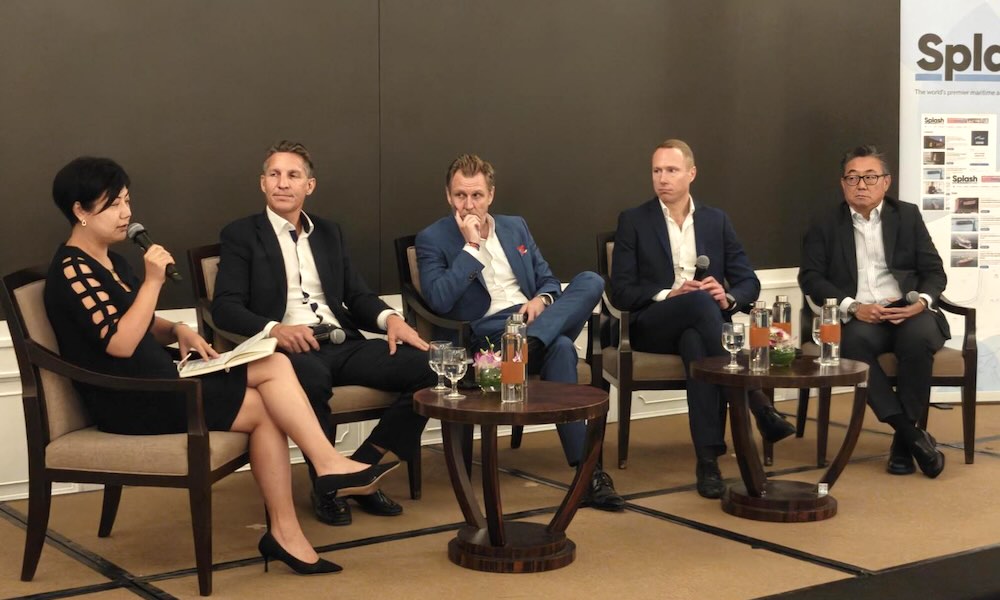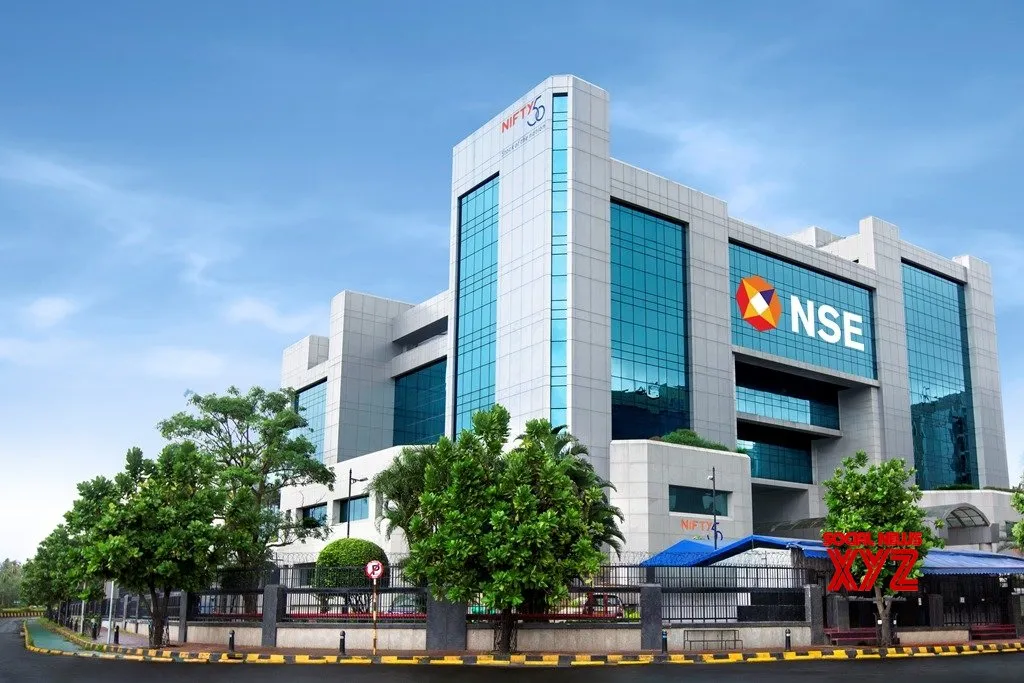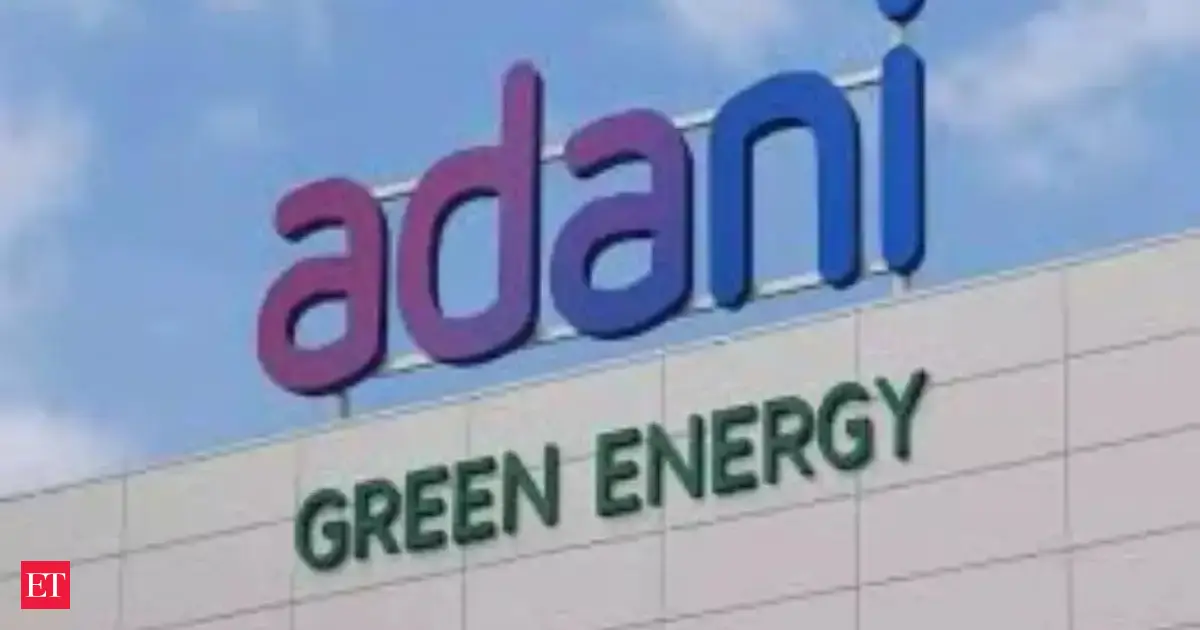By Splash
Copyright splash247

The closing session of last week’s Maritime CEO Forum, held at the historic Fullerton Hotel in Singapore, turned its focus to the outlook for the dry bulk trades, bringing together a heavyweight panel of operators and charterers.
Moderated by Elaine Yu, senior chartering manager at miner South32, the discussion probed where the sector sits in the cycle, the near-absence of new orders, the challenges of running ageing fleets, and how to read the latest headlines out of China.
Yu opened by noting the heightened uncertainty in global trade since Donald Trump began his second term as US president. “Last year, I asked the room for a show of hands on whether they were bullish or bearish on dry bulk. This time, it’s harder,” she said. “Any black swan can overturn the market overnight.”
Aarvold acknowledged the year’s slow start. “The first half was very depressed,” he said. “But we’ve seen the market come alive in recent months. Larger asset classes, particularly capes, have more visibility, while geared sectors remain much harder to read.”
He pointed to the tight correlation between the geared segment and the container trades. “We can’t take our eye off what’s happening in boxes,” he warned. “There’s a high degree of interplay with the handysize index.”
Klarup agreed that geopolitics had played a significant role in market moves. “The disruptions out of Washington, USTR measures, resistance to moving tonnage into the Atlantic—these all fed into the second half correction,” he said. “At the end of the day, it comes down to inefficiencies created by politics.”
Gjervik was more sanguine. “There’s been a lot of noise, a lot of panic, but trade flows haven’t changed as much as people think,” he said. “Yes, soybeans have been affected. But as a geared operator, the flexibility to move tonnage around has been an advantage.”
Lim injected a broader perspective. “Shipping thrives on crisis,” he said. “We are in what I call a ‘poly-crisis’—economic, environmental, and geopolitical all at once. Forecasting is almost impossible when tariffs or sanctions can upend cargo overnight.”
War and its aftermath dominated part of the exchange. “The conflict in Ukraine has had far more impact than tariffs,” Gjervik argued. “Coal is now being shipped much longer distances. And when peace eventually comes, the rebuilding of Ukraine will drive demand for steel and cement. That could transform trade flows.”
Aarvold agreed: “The cost of rebuilding Ukraine is estimated at a trillion dollars. Turkey will be central, given its steel and cement capacity. That could distort existing trade lanes, especially for geared ships.”
Turning to coal, IEA projections that seaborne demand will dip in 2025 and 2026 for the first time this century prompted debate. “It all depends on China,” said Gjervik. “Consensus from the analysts we speak to is that peak coal may still be some way off.”
Aarvold noted that while China mines 4bn tonnes domestically, imports of 300–400m tonnes are the swing factor. “Even if China is at peak coal, seaborne volumes could rise depending on quality preferences and safety standards,” he said.
An intervention from the floor by consultant Punit Oza added nuance. “In the past six months, we’ve seen more banks financing coal projects and more insurers covering coal cargoes,” he said. “There’s actually political pressure in some countries to maintain fossil fuel flows. Finished goods demand may be weakening, but raw material demand could hold up—though we should remain cautious.”
On fleet renewal, Yu asked why dry bulk orders have been so scarce. Klarup noted that Chinese yards still dominate the orderbook despite geopolitical risks. “You have to consider all alternatives. For handies and ultras, Washington’s measures don’t really bite if ownership doesn’t have a Chinese nexus,” he said.
Lim added that business models matter. “If you’re deeply tied to US trades, China-built ships are more complicated. But globally, the economics of Chinese yards are still attractive.”
The discussion turned to decarbonisation. Aarvold argued the market is “still dominated by price” but noted Europe is beginning to reward fuel efficiency. “There are real returns on efficiency upgrades like silicone paint and ballast optimisations,” he said.
Klarup predicted a “tiered market” with certain clients valuing compliance and governance far more than others. Gjervik was more critical: “Our customers talk about sustainability in their annual reports, but when I meet them in the bar, they don’t want to pay for it. That’s why centralised IMO regulation is essential.”
Lim challenged the industry’s fixation with vessel age. “We should focus on efficiency, not age,” he said. “We run 32-year-old ships that perform as well as 10-year-old ones. Scrapping early is bad for the environment.”
On sanctions and counterparty exposure, Aarvold said new vetting tools have improved risk management. “Platforms like Dow Jones, Rightship, and automated dashboards make it easier than ever to track red flags,” he said.
Finally, Yu asked how leaders avoid being misled by AI-driven data analysis. Klarup cautioned against over-reliance. “Data is averages. The nuances of fixing ships can’t be captured by algorithms,” he said.
Lim concluded: “We use data as guidance, but decisions must still rely on judgment. Otherwise, AI just mirrors your own biases back to you.”
Despite differences, the panel shared a cautious optimism. Gjervik was the boldest: “I’ll risk a hand raise—yes, I’m positive for the next few years. The capesize tightness can trickle down to other segments.”
Others preferred guarded language. Aarvold summed up: “Short term, I’d be cautious. Longer term, I’m bullish. But in this market, certainty is a luxury.”
The next Maritime CEO Forum takes place at the Monaco Yacht Club on October 28, while an enlarged event – Splash Singapore – designed to be Asia’s largest gathering of shipowners, is set to make its debut at the Fairmont Hotel next September.



